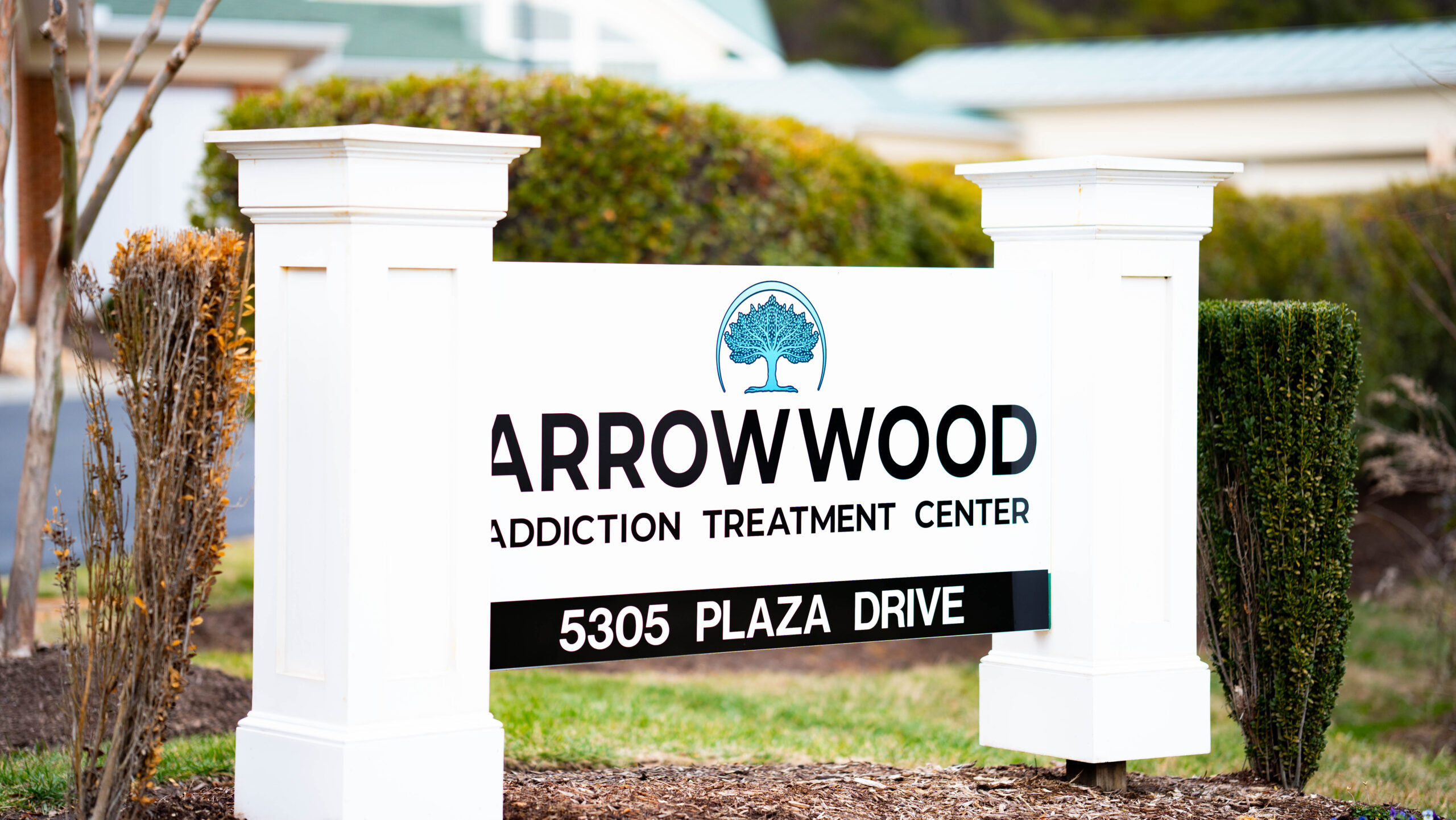Introducing the Relevance of Family Members Support in the All Natural Dependency Treatment Strategy
Family characteristics play a critical function in forming a person's trip with addiction and succeeding rehab. The relevance of family assistance transcends mere emotional backing; it extends to creating a favorable setting that fosters sustainable and long-lasting healing.
The Function of Family Members Characteristics
Household dynamics play a crucial function fit the outcomes of people undertaking alternative addiction therapy. The family unit is typically the key resource of assistance, influence, and possible stress for individuals battling with addiction. By including member of the family in the therapy procedure, therapists can address underlying issues, enhance interaction, and strengthen partnerships, every one of which are important for long-lasting healing.

In addition, including relative in therapy sessions can enhance the person's support system, providing them with a network of encouragement and accountability exterior of formal therapy settings. By resolving family dynamics within the context of holistic dependency therapy, specialists can produce a more reliable and extensive approach to supporting people on their trip to healing.
Enhancing Therapeutic End Results
By incorporating various restorative modalities and individualized therapy strategies, alternative addiction therapy programs aim to optimize results for individuals seeking recovery. Enhancing healing outcomes entails a complex approach that resolves the physical, emotional, and psychological facets of addiction. One crucial element in attaining successful outcomes is the consolidation of evidence-based techniques such as cognitive-behavioral therapy, inspirational speaking with, and mindfulness techniques. These modalities aid people establish coping techniques, enhance self-awareness, and advertise behavior change.

Along with individualized treatment, team counseling and support sessions play an important duty in improving restorative results. These team settings provide people with a feeling of encouragement, liability, and community, cultivating a supportive environment crucial for long-lasting recovery. Addiction Treatment Center. By integrating these various techniques, alternative dependency treatment programs can dramatically boost the general wellness and recuperation trip of individuals fighting with addiction
Building an Encouraging Ecosystem
Central to this ecosystem is the household device, as familial connections play a crucial duty in a person's journey towards sobriety. Beyond the family, a holistic dependency therapy method recognizes the value of broader neighborhood assistance.
Incorporating holistic methods such as mindfulness methods, exercise regimens, and dietary assistance can further enhance the total well-being of the specific and add to a sustainable healing trip. By nurturing an encouraging environment that deals with different facets of a person's life, all natural addiction therapy can properly help with long-lasting recovery and empower people to lead fulfilling, substance-free lives.
Addressing Hidden Household Concerns
When diving into the complexities of holistic dependency therapy, it ends up being crucial to explore the underlying domestic dynamics that might affect an individual's trip in the direction of healing. Dealing with these underlying family members concerns is essential in developing a helpful setting favorable to recovery and lasting soberness. Family members therapy sessions can aid identify and fix conflicts, improve communication, and rebuild depend on amongst relative. By including the family in the treatment procedure, it enables a more thorough understanding of the person's struggles and offers a system for cumulative recovery.
In addition, exploring the origin triggers of disorder within the family can discover patterns of actions that might have added to the development of addiction. By resolving these underlying problems, families can collaborate to develop much healthier characteristics that support the person's recuperation trip. This collective technique not only benefits the individual looking for treatment however likewise cultivates a sense of unity and understanding within the family, advertising lasting recuperation and total wellness.
Fostering Long-Term Healing
Checking out the characteristics of family support further, fostering long-term healing involves developing lasting methods and interventions that advertise proceeded healing and sobriety. In the context of dependency treatment, the involvement of relative in the recuperation procedure can considerably influence the individual's long-term success. By promoting an atmosphere of ongoing assistance and understanding within the family members device, people fighting dependency can really get redirected here feel much more inspired and encouraged to preserve their soberness.
One trick facet of cultivating long-lasting recuperation is the application of aftercare assistance programs. These programs give individuals with sources, assistance, and continued treatment after completing formal dependency treatment. By remaining connected to an encouraging network post-rehabilitation, individuals are better outfitted to browse obstacles and activates they may experience in their everyday lives.


Verdict
Finally, household assistance plays an essential duty in the all natural dependency therapy approach by influencing restorative results, building a helpful ecological community, dealing with underlying family concerns, and promoting long-term recuperation. The characteristics within a household can considerably influence an individual's trip in the direction of soberness, making it vital for treatment programs to involve and include member of the family in the recuperation process. This joint technique can lead to even more lasting and effective results in addiction therapy.
Household treatment sessions can aid identify and address patterns of codependency, enabling household members to develop limits and develop healthier coping systems.
Household treatment sessions can aid recognize and settle problems, boost interaction, and restore depend on among household members. In the context of addiction therapy, the involvement of family participants in the healing procedure can considerably affect the individual's long-term success.In conclusion, family members support plays a vital weblink role in the alternative dependency therapy technique by influencing therapeutic outcomes, constructing a helpful ecosystem, addressing underlying family members issues, and fostering long-lasting recuperation (Addiction click Treatment Center). The dynamics within a household can greatly impact an individual's journey in the direction of sobriety, making it necessary for treatment programs to include and engage household participants in the recuperation process